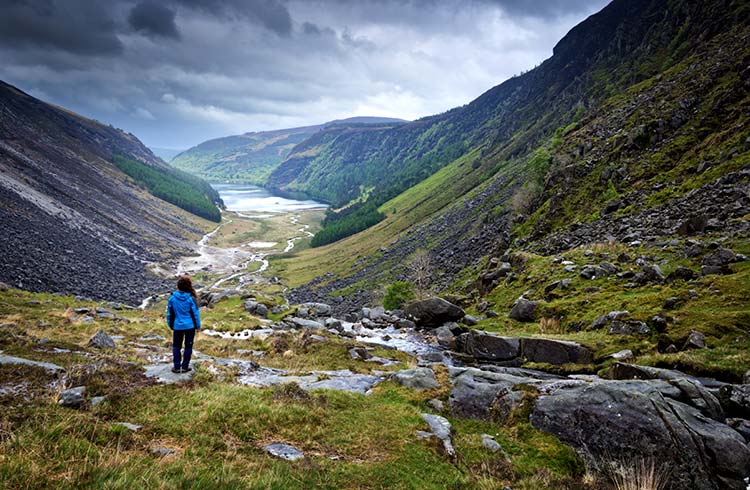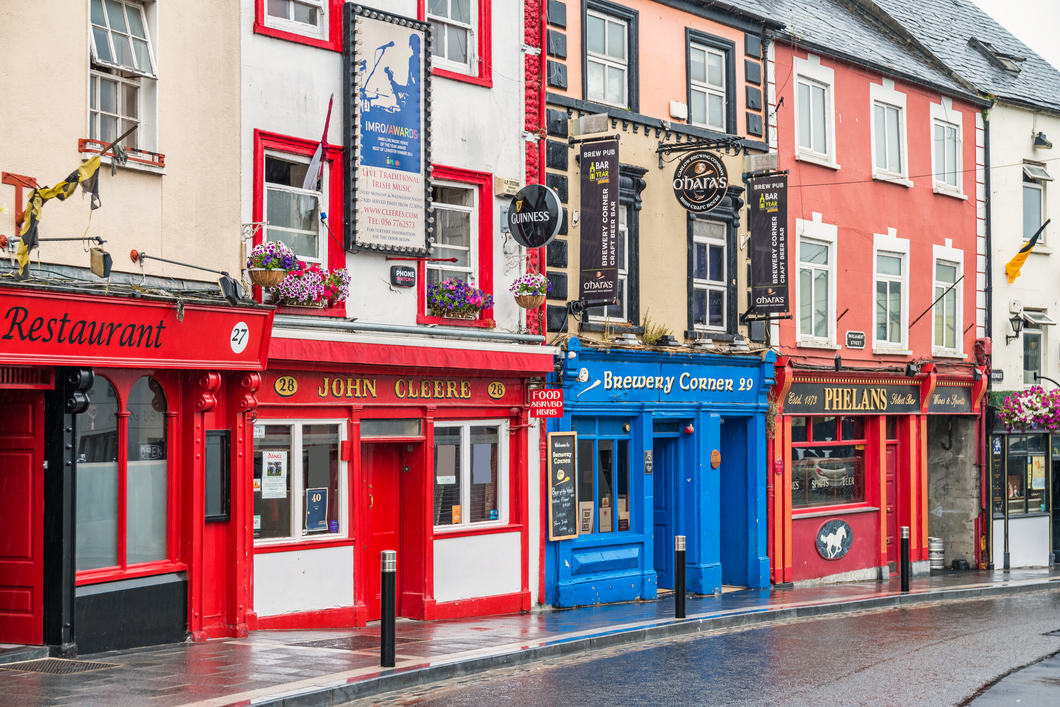Latest Travel Alerts and Warnings for Visitors to Ireland
What are the issues affecting travelers to Ireland? Read the latest travel warnings and alerts.
 Photo © Getty Images/Anna Gorin
Photo © Getty Images/Anna Gorin
Previous travel alerts for Ireland
Red Weather Alert – 1 March, 2018
Met Éireann has issued a rare, red-level weather alert for the entire nation of Ireland as a severe storm brings exceptionally heavy snow, high winds, and freezing temperatures. The alert currently runs through Friday at 3pm. People are being strongly encouraged to stay off the roads. Check the Met Eireann website and watch local media for the latest updates.
Hundreds of flights have been cancelled, so travelers preparing to take flights from Ireland's airports are advised to check with their airline to see if schedules are operating.
Hurricane Ophelia – 13 October, 2017
Currently a Category 2 storm, Hurricane Ophelia will pass close to Ireland on Monday as an extratropical storm. Though Ophelia will no longer be technically a hurricane, the storm could potentially bring hurricane-force winds along with heavy rains and high seas to Ireland and the western part of the UK. Met Eireann, the Irish Meteorological Service, has issued a Status Yellow weather alert, advising people in the area to be aware. Check the Met Eireann website and watch local media for the latest updates.
How to Survive a Hurricane
The absolutely best way to survive a hurricane is to avoid one. Get away from it, but if you make the decision to leave make that decision early. Do not leave it until the last minute because you may find yourself caught without proper shelter.
If you decide to stay and "ride it out" it is advisable to get to an authorized shelter. The locations of these will be broadcast, or locals will know where they are. If there is no shelter, prepare to "shelter in place" in an internal room without windows.
Once a "storm watch" has been issued, make sure you are prepared in the event that the watch becomes a "warning."
- Fill the gas tank of your car.
- Check batteries in flashlights and radios.
- Have extra batteries on hand.
- Secure all doors and windows.
- Close shutters or board up the windows.
- Have extra supplies on hand such as non-perishable food, clean drinking water, a half-gallon of water per person/per day (enough for a couple of days), and prescription drugs.
During the storm
- Never go out during the storm. The winds can send flying debris into you causing injury and even death.
- Stay away from windows and doors.
- Keep on the alert for additional storm warnings. Hurricanes are known to spawn tornadoes so be prepared to take cover if one should strike.
- While the storm is in progress avoid using electrical appliances.
- Stay off the telephone.
- All pets should be secure in carriers. The storm will be a frightening experience for them as well, and they could injure themselves or you if they panic.
- Do not light candles or lanterns; they could get blown over causing a fire.
- The eye of the storm passing over could make you think the storm is over when the worst is still yet to come. Only use this calm in an extreme emergency to make critical repairs.
- Only after an official "all clear" has been issued is it safe to come out.
After the storm
- Beware of downed power lines and gas leaks.
- Stay away from heavily damaged areas.
- Listen to your radio for instructions.
Before you buy a travel insurance policy, check your government travel warnings and health advice – there may be no travel insurance cover for locations with a government travel ban or health advice against travel.
Related articles
Simple and flexible travel insurance
You can buy at home or while traveling, and claim online from anywhere in the world. With 150+ adventure activities covered and 24/7 emergency assistance.
Get a quote

No Comments